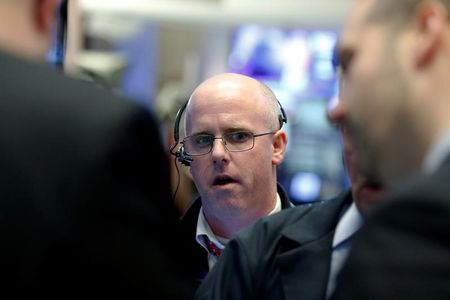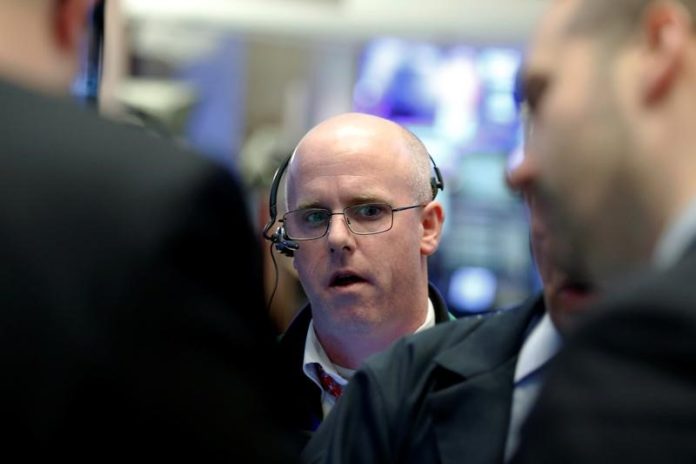
BEIJING (Reuters) – China flew its biggest-yet unmanned cargo aircraft designed for civilian use, as the world’s top drone-making nation steps up test flights of autonomous aerial vehicles (UAVs) that could ultimately ferry everything from takeouts to people.
Packing a payload capacity of 2 metric tons, the twin-engine aircraft took off on Sunday on an inaugural flight, state media said, citing developer Sichuan Tengden Sci-tech Innovation Co., for a trip of about 20 minutes in southwestern Sichuan province.
China’s civilian drone makers are testing larger payloads as the government pushes to build a low-altitude economy, with the aviation regulator seeing a 2-trillion-yuan ($279-billion) industry by 2030, for a four-fold expansion from 2023.
With a wingspan of 16.1 m (52.8 ft) and a height of 4.6 m (15 ft), the aircraft, built entirely by government-funded Tengden, is slightly larger than the world’s most popular light aircraft, the four-seat Cessna 172.
Tengden’s test flight followed the maiden flight in June of HH-100, a cargo drone developed by Aviation Industry Corp of China (AVIC) with payload capacity of 700 kg (1,543 pounds) and a flight radius of 520 km (323 miles).
Next year, AVIC plans to test its biggest cargo drone, the TP2000, which can carry up to 2 tons of cargo a distance of 2,000 km (1,243 miles).
In a report this year, the government identified the low-altitude economy as a new growth engine for the first time, with vertical mobility seen as a “new productive force” in areas such as passenger transport and cargo deliveries.
In April, aviation authorities issued a production certificate to UAV maker EHang Holdings, based in the southern city of Guangzhou, for its passenger-carrying drone, China’s first such document for an autonomous passenger drone.
A month later, cargo drone firm Phoenix Wings, part of delivery giant SF Express, started delivering fresh fruit from the island province of Hainan to southern Guangdong, using Fengzhou-90 drones developed by SF, a unit of S.F. Holding.
By 2023, China had more than 2,000 enterprises engaged in the design or manufacture of UAVs, led by privately held DJI, the world’s largest drone maker.
($1=7.1742 renminbi)






